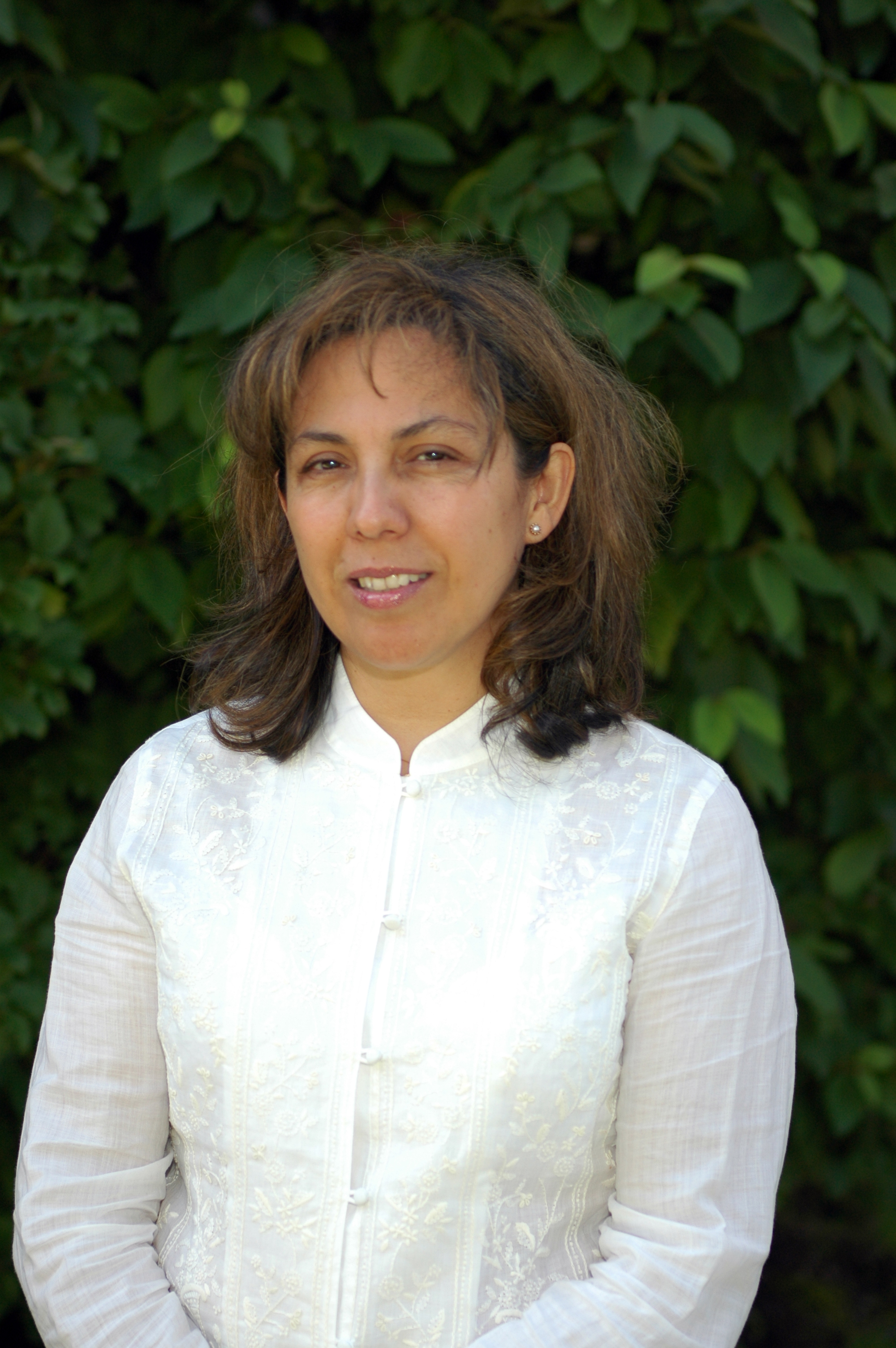Since 2008, P&W has supported readings and workshops presented by literary publisher Marick Press. Its founder, Mariela Griffor, answered our questions about her experience publishing writers from around the world out of Grosse Pointe, MI, a small city neighboring Detroit. Griffor was born in the city of Concepción in southern Chile. She is the author of Exiliana (Luna Publications, 2007) and House (Mayapple Press, 2007). Her work has also appeared in Passages North, Cerise Press, and Washington Square Review. Her forthcoming translations include Canto General by Pablo Neruda (Tupelo Press, 2013), At Half Mast by Carmen Berenguer, Militant Poems by Raúl Zurita, Desolation by Gabriela Mistral and Bye, have a good time! by Kristina Lugn. She is Honorary Consul of Chile in Michigan.
 What makes Marick Press unique?
What makes Marick Press unique?
Marick Press strives, across boundaries of nations, cultures, and languages, to create fine literature and make it a personal experience. We seek out and publish the best new work from an eclectic range of aesthetics—work that is technically accomplished, distinctive in style, and thematically fresh.
What project have you been especially proud of?
I’m proud of every single book I've published, but the translation series is something very, very special. This series includes some of the most accomplished and original writers in the world, translated into English.
I have always been able to find a special or unique book of poetry that has been overlooked in its original language or is essential to understanding the complete work of a poet. Particular cases of this are INRI by the Chilean poet Raúl Zurita, and From Threshold to Threshold by Paul Celan.
What’s the most memorable event you’ve hosted?
P&W sponsored a festival of poetry held in Marick’s home town of Grosse Pointe, MI. The writers, publishers, and public shared some of the most remarkable readings I’ve experienced. It was the first time a poetry festival had been held in our community. For many in attendance, it was their first personal experience of fine literature—and it was new, fresh, and exciting!
What do you consider to be the value of literary programs for your community?
A community with a literary program is an intellectually vibrant and relevant community not only for itself, but for its surrounding communities. I admire the work of Ann Arbor District Libraries here and in Ann Arbor. Individuals and community groups in my area use a lot of its resources.
I could not live in a place that is not interested in literature. Once a community experiences literature personally, it will go to any lengths—establishing writing programs, festivals, and public readings—to perpetuate and expand the personal experience of writing to everyone. If you counted how many writers of note have been attracted to, or were raised or born in Michigan, you would be stunned!
How has publishing and presenting informed your own writing and life?
If you are a publisher, you learn to be humble. You struggle, you struggle more, and then you get some satisfaction when the book is out. The creation of a book is not an easy task. It is a work of art, but also a responsibility. Very few can handle the weight of this work. You listen, take notes, produce, and through it all get to know people as they are.
The writing community in the United States is very assured, very eclectic, and much more resistant to foreign influence than those in other countries. Being a publisher and the host of a reading series has taught me the blessings of comparative literature among living writers.
Photo: Mariela Griffor. Credit: Javiera Denney.
Support for Readings/Workshops events in Detroit is provided by an endowment established with generous contributions from the Poets & Writers Board of Directors. Additional support comes from the Friends of Poets & Writers.








 What makes Marick Press unique?
What makes Marick Press unique?
